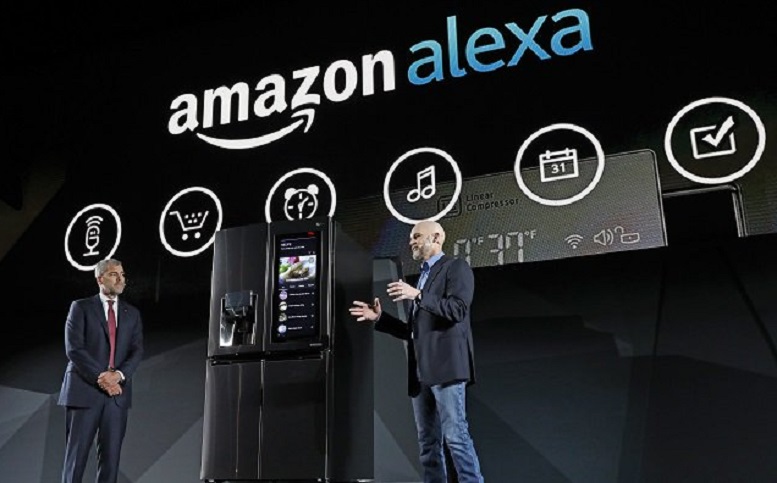According to a study conducted by the digital marketing agency 360i, Google Assistant is six times more likely to answer your question than Amazon Alexa.
In the 360i survey, the Google Assistant and Alexa were each asked 3,000 questions, of which Google Assistant answered 72% compared to Alexa’s 13%. As the world of AI-infused assistants continues to evolve, the results indicate that Google is in position to overtake Amazon in the voice assistant market, despite the fact that Amazon got off to a head start.
There is no doubt that the ability to accurately understand and respond to a user’s questions will be a vital element to both the usefulness and usage of an AI-infused voice assistant. And the massive difference in performance by Google’s assistant over Amazon’s could give it a competitive edge. Here’s why:
- Google (NASDAQ:$GOOGL) has access to buckets of contextual search data. With Google’s Knowledge Graph, the database is able to leverage its search results to surface links between objects and entities. For instance, a search about Lord of the Rings doesn’t give information solely about Lord of the Rings, but also about the cast and other facts related to the movie.
- It’s fair to say that the Google developer community is robust. Google has ties – and strong ones at that – to the developer community via Android and its other offerings. Why does that matter? Well, these developers are able to build voice apps for Google at a rapid pace, and they’re global, which allows Google to have a leg up if it starts to expand into more international markets.
- Google has made a number of investments in AI companies that will help to drive the development of Google Assistant. One of the more visible and high impact efforts Google has made in this market is its 2014 acquisition of DeepMind.
That said, Amazon has put its foot in the cement and established a lead over competitors in the connected voice market. Amazon’s Echo, large volume of Alexa skills, and partnerships with third-party connected devices are just a few examples of how the company has carved out a solid segment of the voice assistant market. To top it off, Alexa has plenty of room for growth.
Featured Image: twitter











